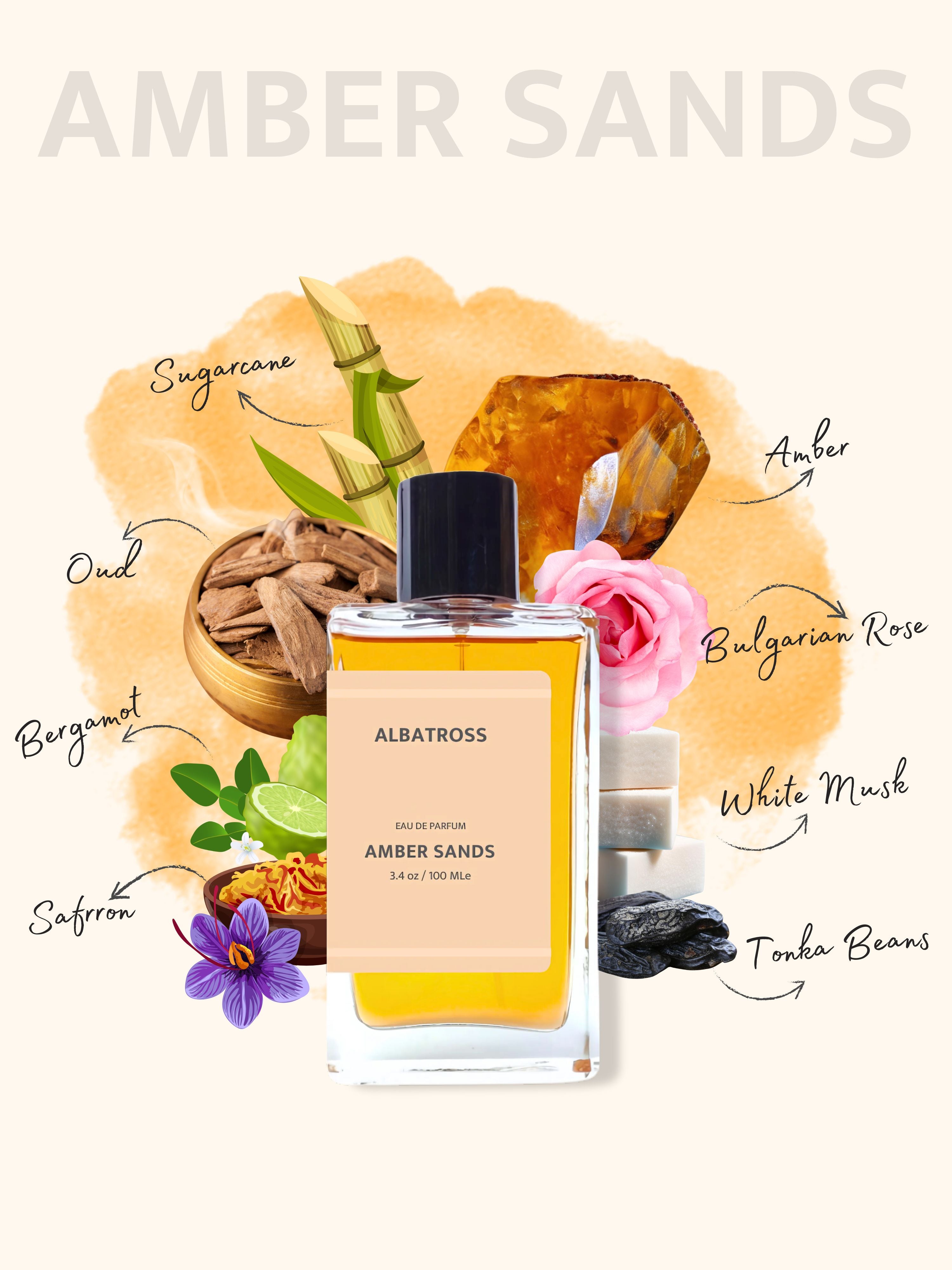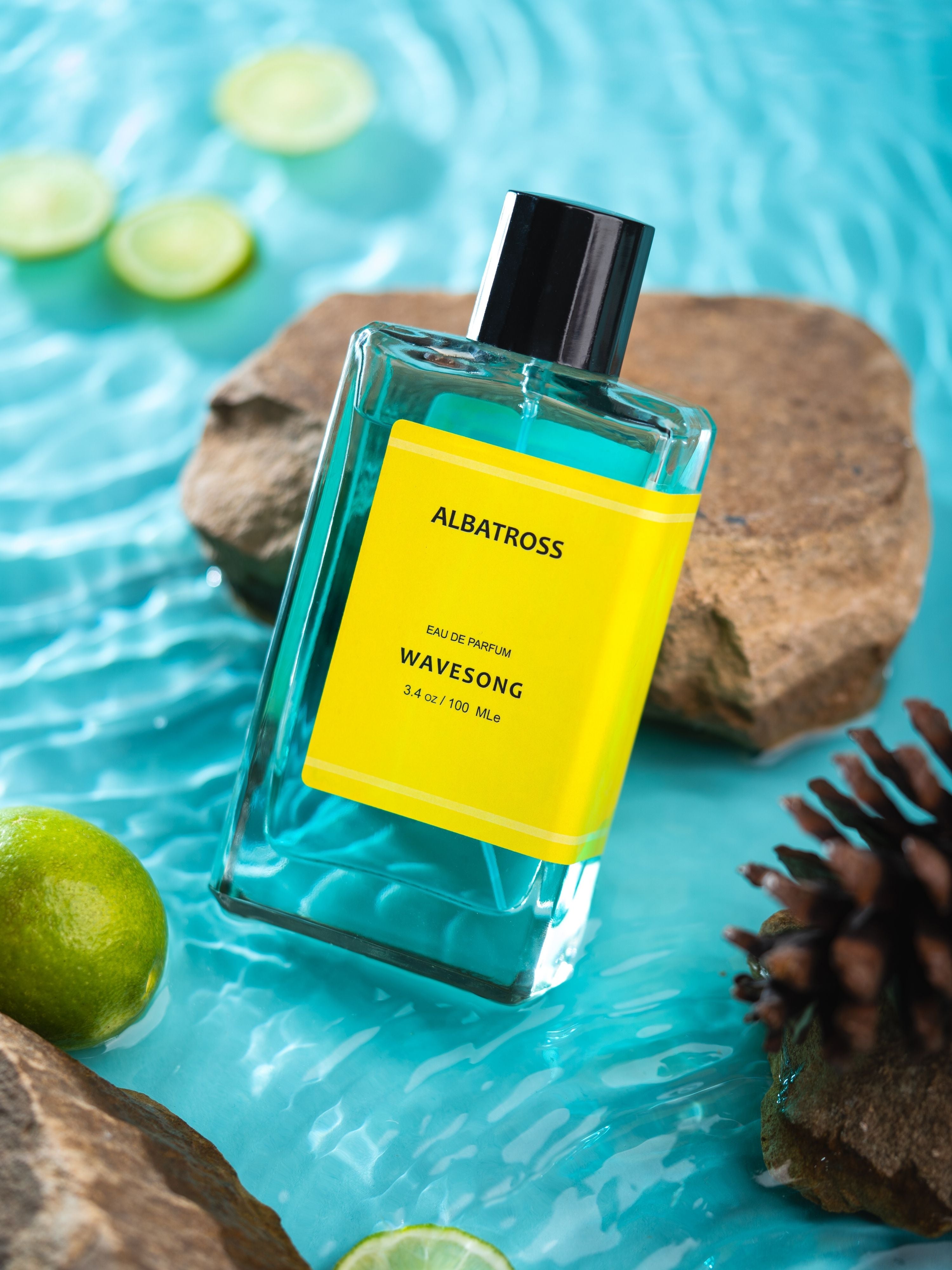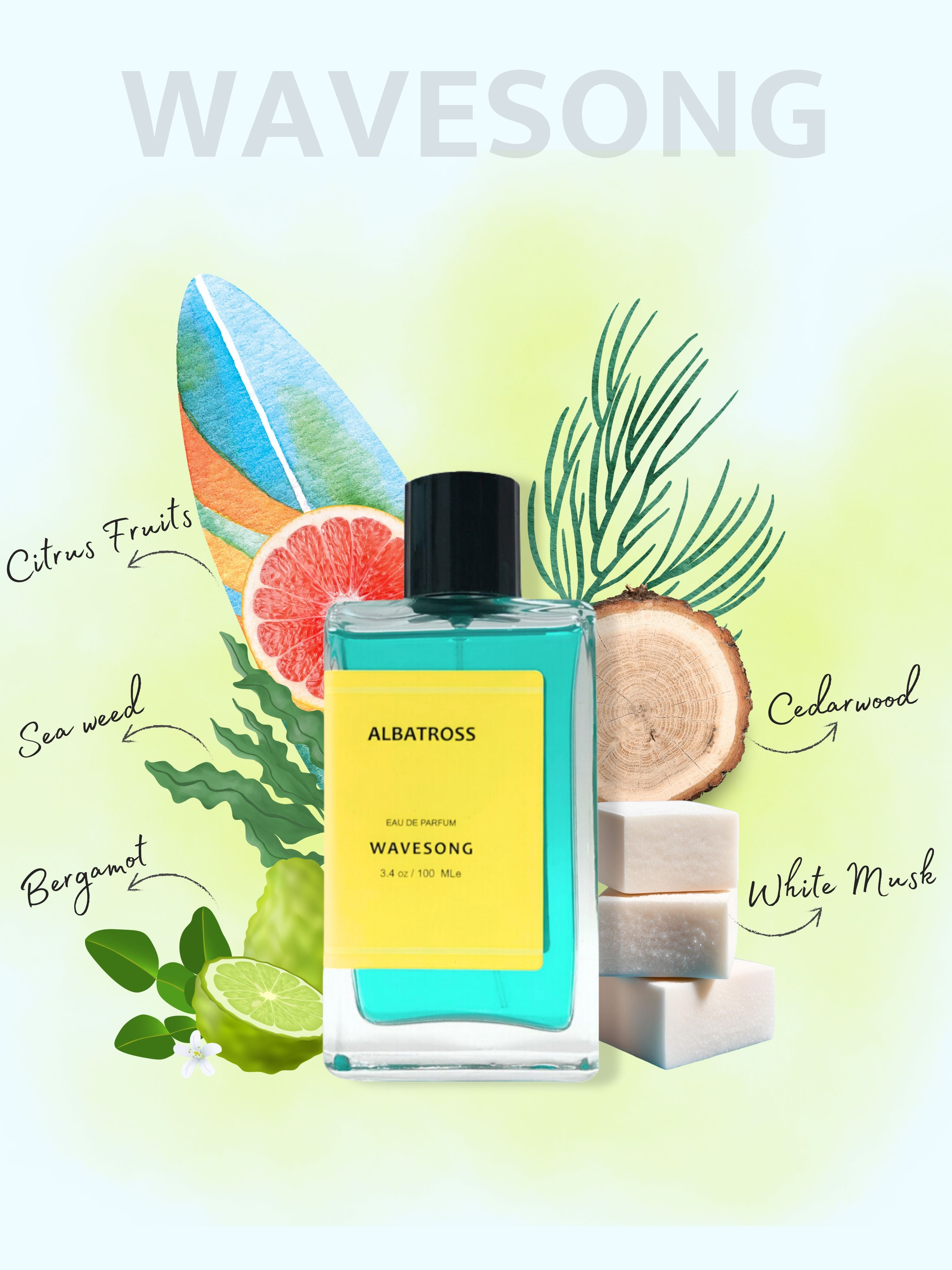Scents & Sensitivity: Why Some Perfumes Trigger Reactions | Albatross perfumes
Perfume can uplift your mood, boost confidence, and leave a lasting impression—but for millions of people, certain fragrances can cause unpleasant allergic reactions, headaches, or skin irritation. Understanding perfume sensitivity and the ingredients that trigger reactions is key to choosing scents that delight rather than distress. In this guide, we’ll explore why some fragrances provoke sensitivities, how to identify culprits, and tips for finding hypoallergenic perfumes.
Why Perfumes Can Cause Sensitivities
-
Synthetic Fragrance Compounds
Many mainstream perfumes rely on synthetic musks, phthalates, and artificial dyes to fix scent and prolong longevity. These chemicals can irritate skin or respiratory pathways, leading to redness, itching, or headaches. -
High Concentrations of Essential Oils
Natural essential oils (e.g., citrus, lavender, eucalyptus) offer beautiful aroma profiles but may be phototoxic or sensitizing at high concentrations. Bergamot oil, for instance, can cause sunburn-like reactions when applied before sun exposure. -
Preservatives and Stabilizers
Ingredients like formaldehyde-releasing agents or isothiazolinones help prevent microbial growth in your bottle—but they can also trigger contact dermatitis in sensitive individuals. -
Individual Immune Response
Everyone’s skin pH, genetics, and immune system differ. What’s perfectly safe for one person may prompt an allergic reaction to perfume in another, manifesting as hives, eczema flare-ups, or respiratory distress.
Common Symptoms of Perfume Sensitivity
-
Skin Irritation: Redness, itching, burning, or dry patches where perfume is applied.
-
Respiratory Issues: Sneezing, coughing, wheezing, or shortness of breath—especially in people with asthma.
-
Headaches & Migraines: Fragrance inhalation triggering throbbing headaches or nausea.
-
Eye & Throat Irritation: Watery eyes, scratchy throat, or sinus congestion.
If you experience any of these, it’s best to discontinue use immediately and switch to gentler, fragrance-free or allergen-free alternatives.
Identifying Trigger Ingredients
When evaluating a perfume’s ingredient list, look out for:
| Ingredient | Potential Reaction |
|---|---|
| Phthalates | Hormone disruption, skin and respiratory sensitivity |
| Synthetic musks | Bioaccumulative, may cause dermatitis |
| Limonene & Linalool | Naturally occurring but oxidizes into sensitizing compounds |
| Formaldehyde releasers | Contact dermatitis |
| Artificial dyes (FD&C) | Skin irritation, photoallergic reactions |
How to Choose Hypoallergenic and Sensitive-Skin-Friendly Perfumes
-
Seek Full Transparency:
Opt for brands that list every oil, extract, and stabilizer—no vague “fragrance” or “parfum” terms. -
Look for Allergen-Free Labels:
Certifications like COSMOS Organic, Ecocert, or Allergy UK Seal indicate rigorous testing and minimal use of common allergens. -
Test Before You Commit:
Always perform a patch test: apply a small dab on your inner forearm, wait 24–48 hours, and observe for any reaction before widespread use. -
Choose Low-Concentration Formats:
An eau de toilette (EDT) or body mist typically has a lower fragrance concentration than an eau de parfum (EDP), reducing the risk of irritation. -
Consider Solid or Balm Perfumes:
Solid perfumes or scented balms often contain fewer volatile solvents and can be formulated with gentle base oils like jojoba or coconut.
Spotlight: Gentle Scents from Albatross Perfumes
For those with sensitive skin, Albatross Perfumes offers two thoughtfully crafted options:
-
Veles Light Edition: A breezy, phthalate-free blend of bergamot, green tea, and musk, formulated at low concentration to minimize skin exposure.
-
Best You Ever Had Soft Touch: A woody-amber fragrance balanced with natural extracts and no artificial dyes—packaged in a solid balm that glides on smoothly without alcohol.
Both formulas undergo dermatological testing and are housed in recyclable, minimalist packaging.
Tips for Managing Fragrance Sensitivity
-
Rotate Scents Sparingly: Give your skin breaks by wearing fragrance-free days.
-
Hydrate & Protect: Apply an unscented moisturizer before fragrance to create a barrier.
-
Ventilate: In public spaces, avoid spraying indoors. Opt for a single spritz on clothing or hair.
-
Consult a Dermatologist: For persistent reactions, professional patch testing can pinpoint specific allergens.
Conclusion
Perfume sensitivity doesn’t mean you must give up enjoying beautiful scents. By understanding common fragrance allergens, reading labels closely, and selecting hypoallergenic perfumes—like the gentle offerings from Albatross Perfumes—you can find fragrances that harmonize with your skin rather than irritate it. Embrace scents confidently, and let your signature aroma shine without fear of reaction.

















